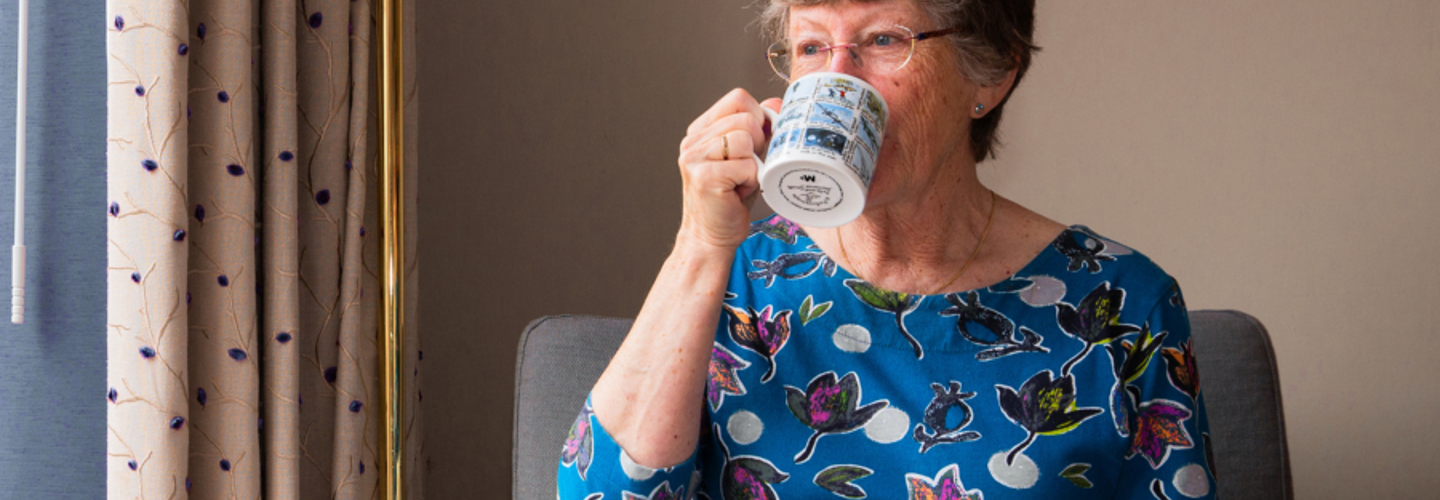
Gloomy Periods Require Care More Than Ever: How Seasonal Affective Disorder Adds Another Level of Care Needs
Seasonal Affective Disorder (SAD) doesn’t just mean feeling a little low - it can present with fatigue, irritability, changes in appetite, and difficulty concentrating.
Published: 27/09/2025
The darker months in the UK can be tough for anyone, but for those living with chronic conditions, limited mobility, or recovering from illness, the onset of Seasonal Affective Disorder (SAD) can significantly amplify care needs.
As professional carers, we notice how reduced daylight, cold weather, and the seasonal slump in mood can influence both physical health and emotional well-being. Understanding this connection is crucial in tailoring the support we provide.
Recognising the Signs
SAD doesn’t just mean feeling a little low - it can present with fatigue, irritability, changes in appetite, and difficulty concentrating. For clients managing illnesses like diabetes, cancer, or stroke recovery, these symptoms may compound existing health challenges.
A missed medication, skipped exercise, or neglected self-care can have far-reaching consequences. Carers are trained to recognise these changes, so they can intervene early, offer reassurance, gentle encouragement, and practical support to maintain routines and stability.
Adapting Care During Gloomy Periods
Adjusting care strategies for clients during the darker months is essential. Extra check-ins, mood-boosting activities, and ensuring safe, well-lit spaces all help counter the effects of SAD.
Encouraging light exposure through daily walks, scheduling physiotherapy sessions, and monitoring hydration and nutrition are small but impactful steps. For those receiving specialist care Didsbury, integrating emotional support with physical care can improve overall well-being, reduce anxiety, and help clients feel more in control.
Supporting Physical Health Alongside Emotional Wellbeing
Chronic conditions often worsen when mood dips. Diabetes management can be affected by changes in appetite or motivation, cancer recovery can feel heavier when energy is low, and stroke rehabilitation requires consistency to remain effective.
Tailored care from specialist care providers ensures clients continue therapy, maintain healthy routines, and receive encouragement for even the smallest achievements. By combining empathy with expertise, carers help clients navigate both physical and mental health challenges during the winter months.
Practical Tips for Families and Carers
Supporting a loved one through SAD doesn’t need to be complicated. Simple measures like encouraging morning sunlight exposure, maintaining regular sleep schedules, and planning light, enjoyable activities can make a meaningful difference.
Active communication between family, clients, and professional carers helps ensure any subtle changes are noticed and addressed promptly. Structured routines, safe home environments, and personalised attention are all part of how carers in Stockport make a tangible difference during the gloomy season.
How Right at Home Stockport Can Help
At Right at Home Stockport, we understand that seasonal challenges require more than standard support. Our dedicated team of specialist carers provide compassionate and personalised assistance that addresses both physical and emotional wellbeing.
From maintaining therapy routines to providing companionship and encouragement, we help clients manage the additional challenges SAD brings.
Gloomy periods don’t have to mean compromised care. Contact Right at Home Stockport today to find out how our private home care services can support your loved ones through winter, keeping them safe, comfortable, and emotionally supported.
